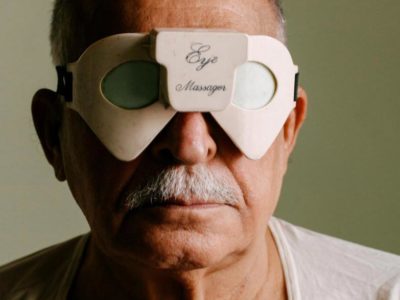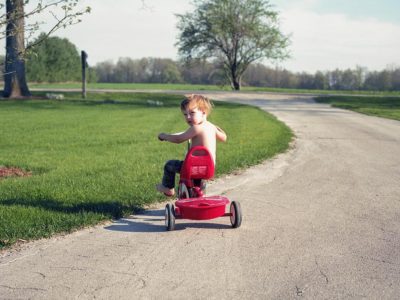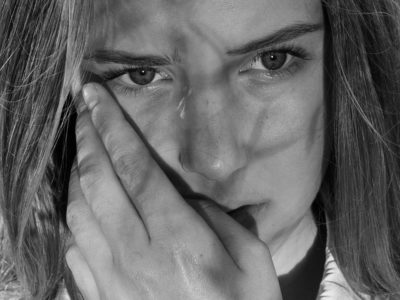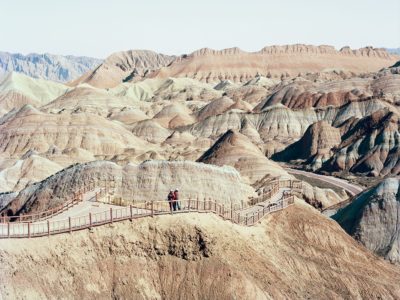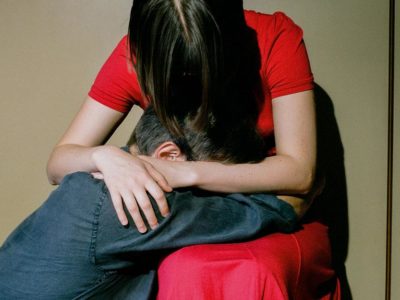Gypsy Gold — Sophie Green Introduces Us to the Eccentric Culture of the Travelers
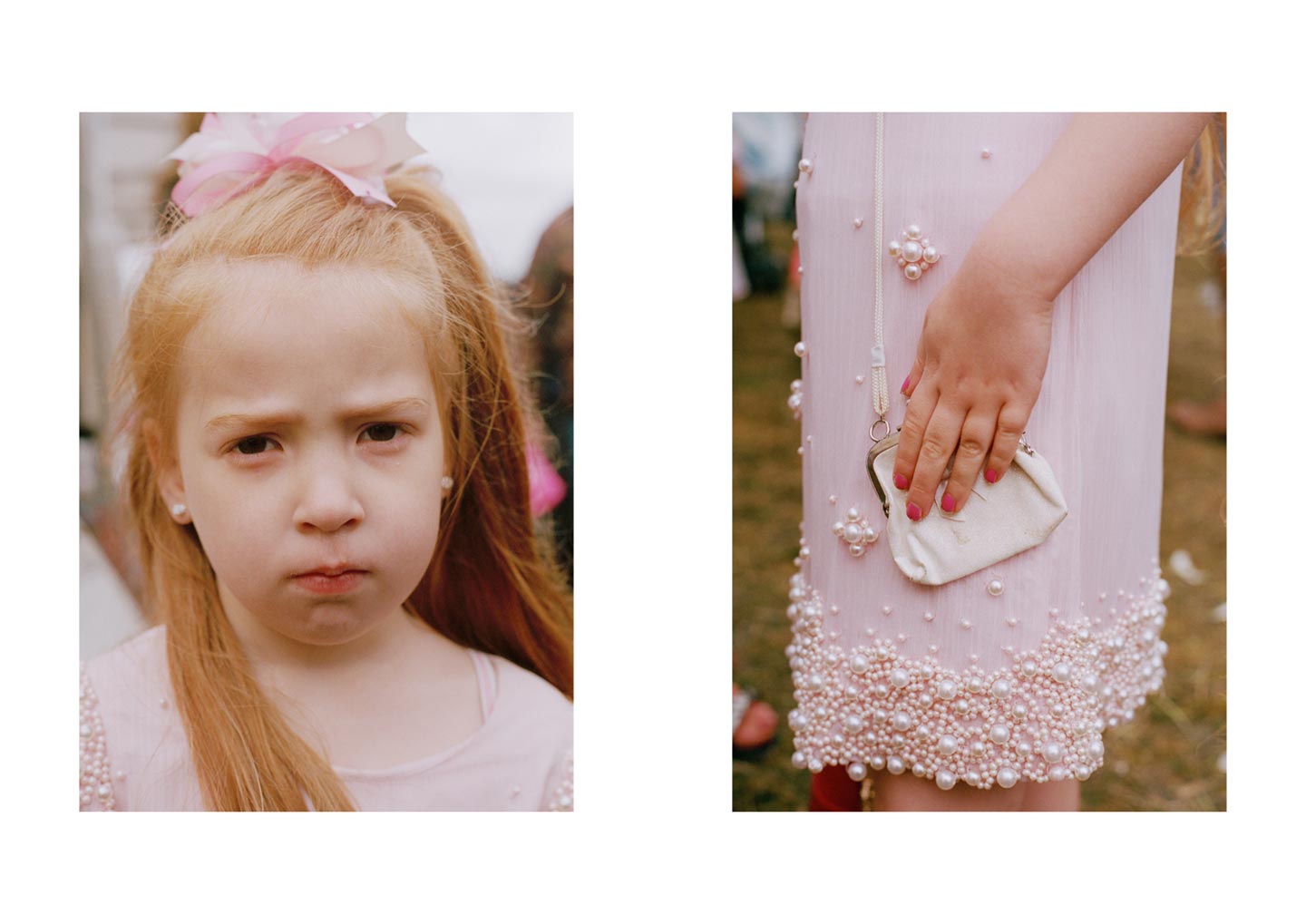
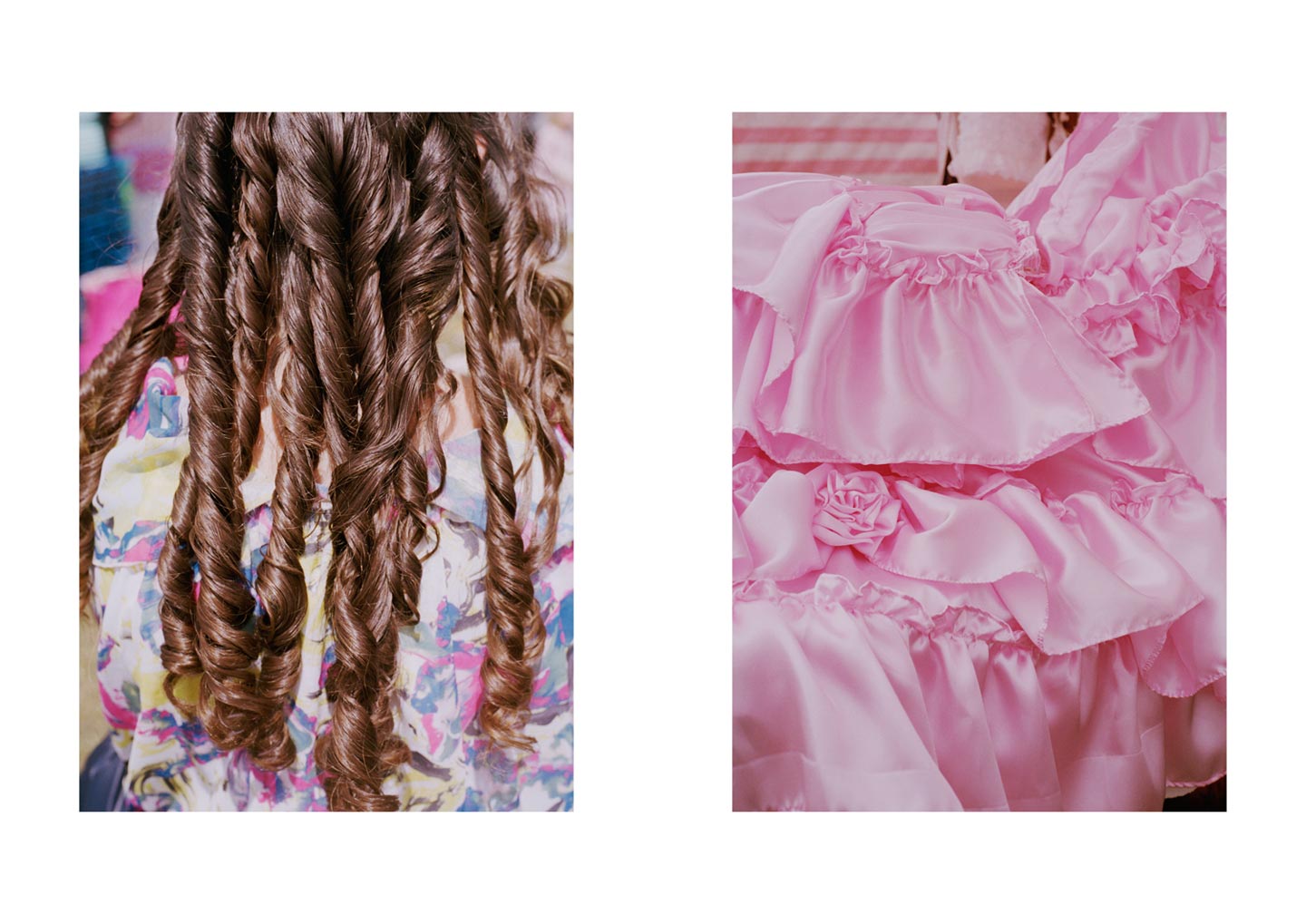
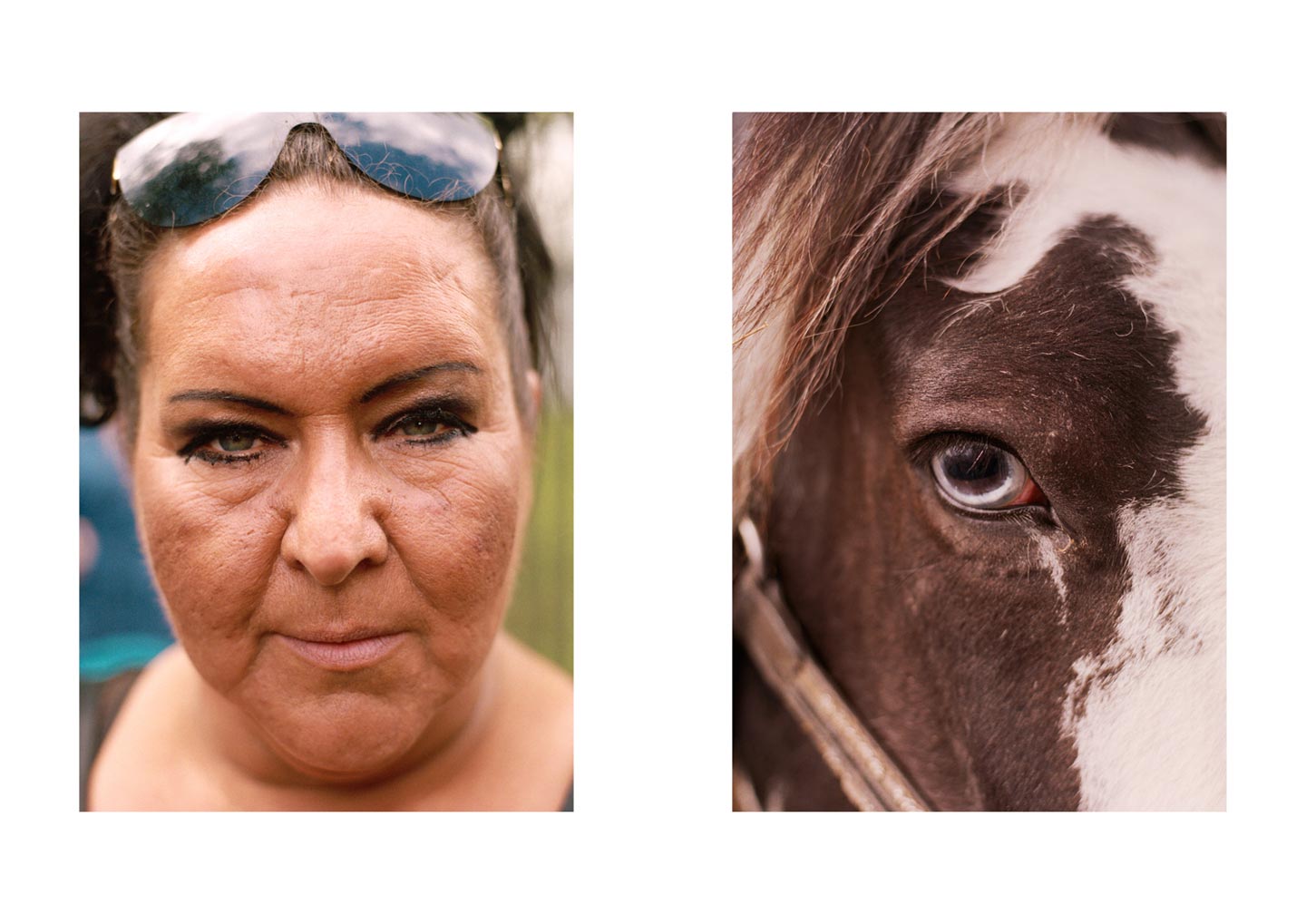
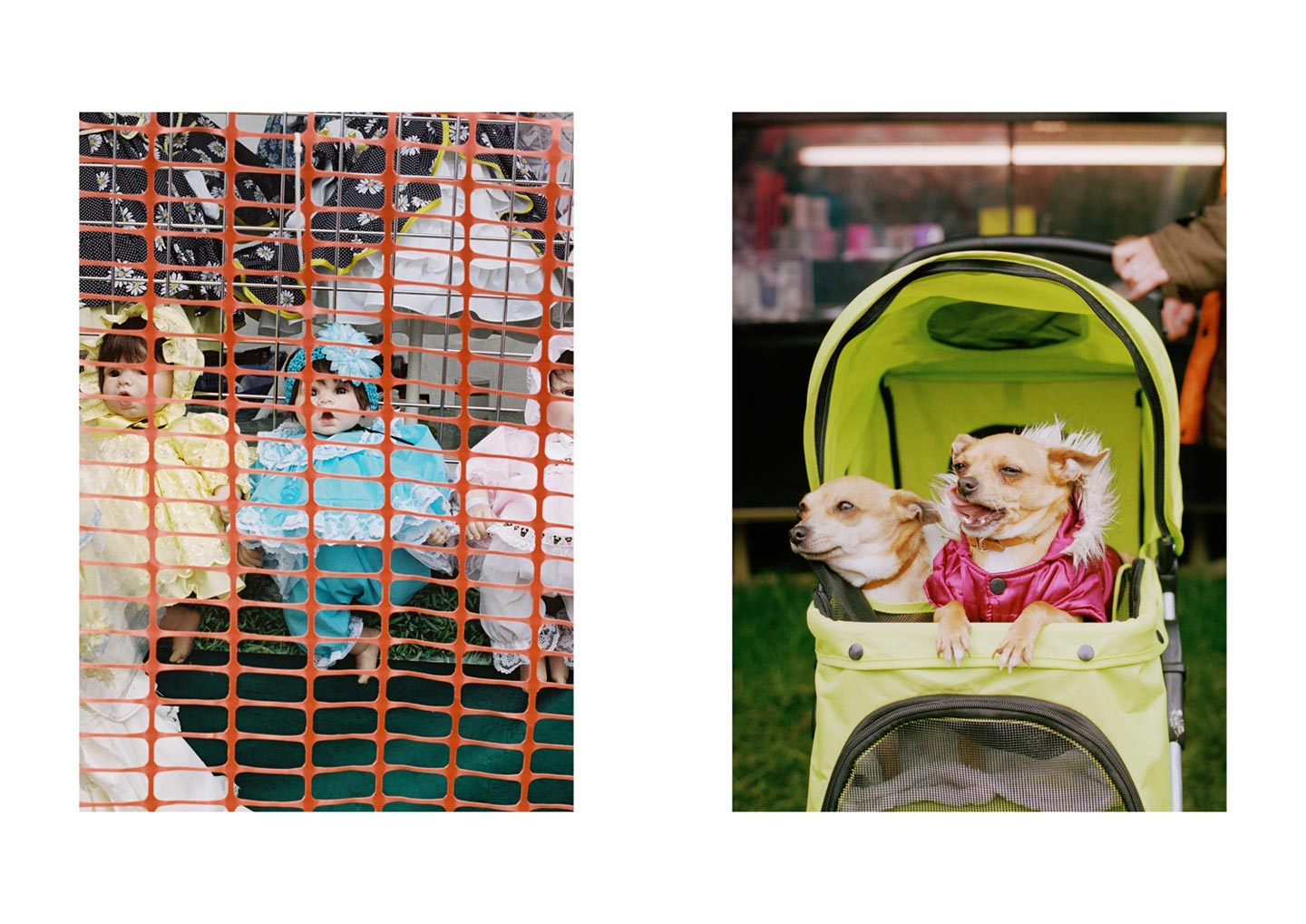
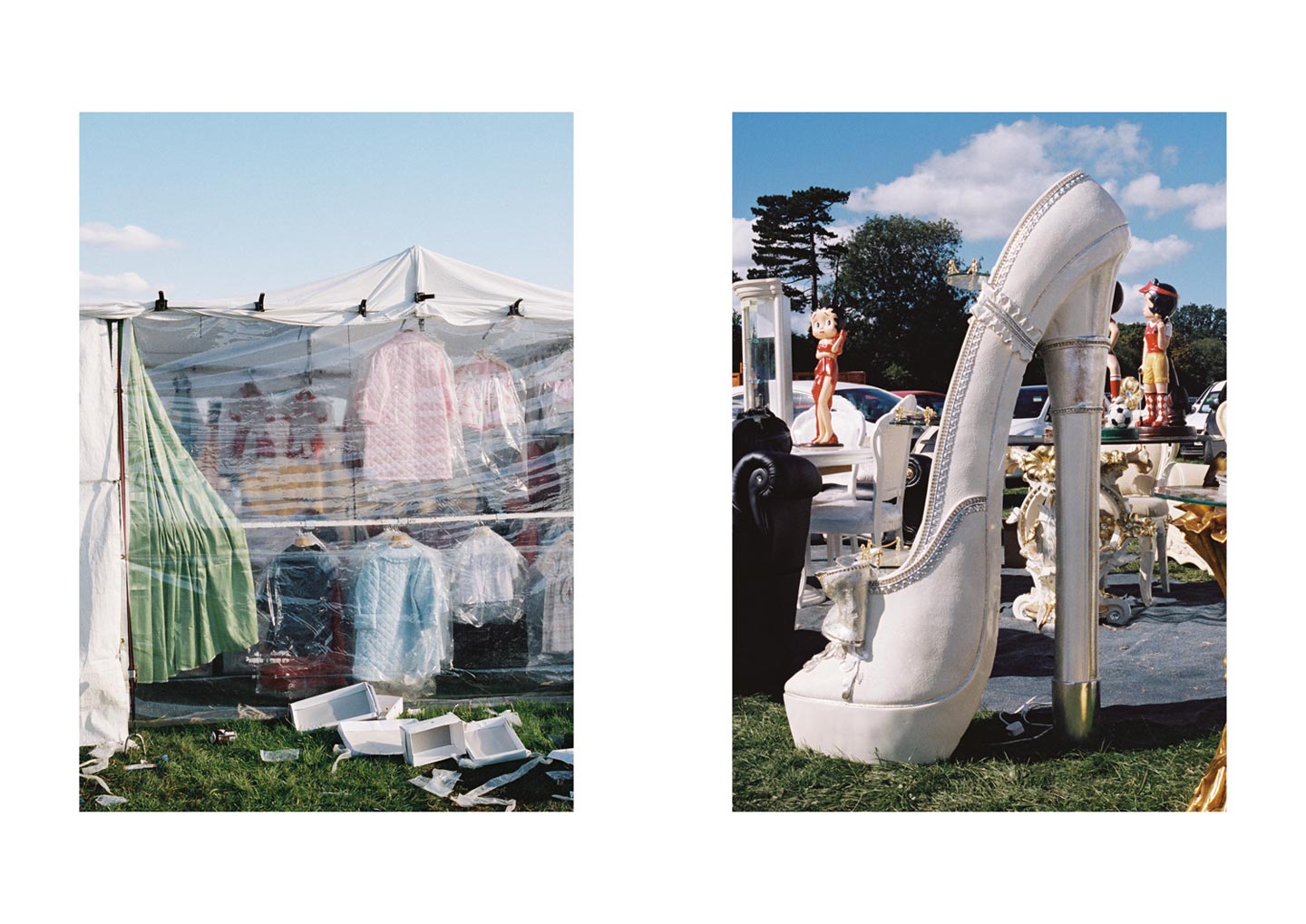
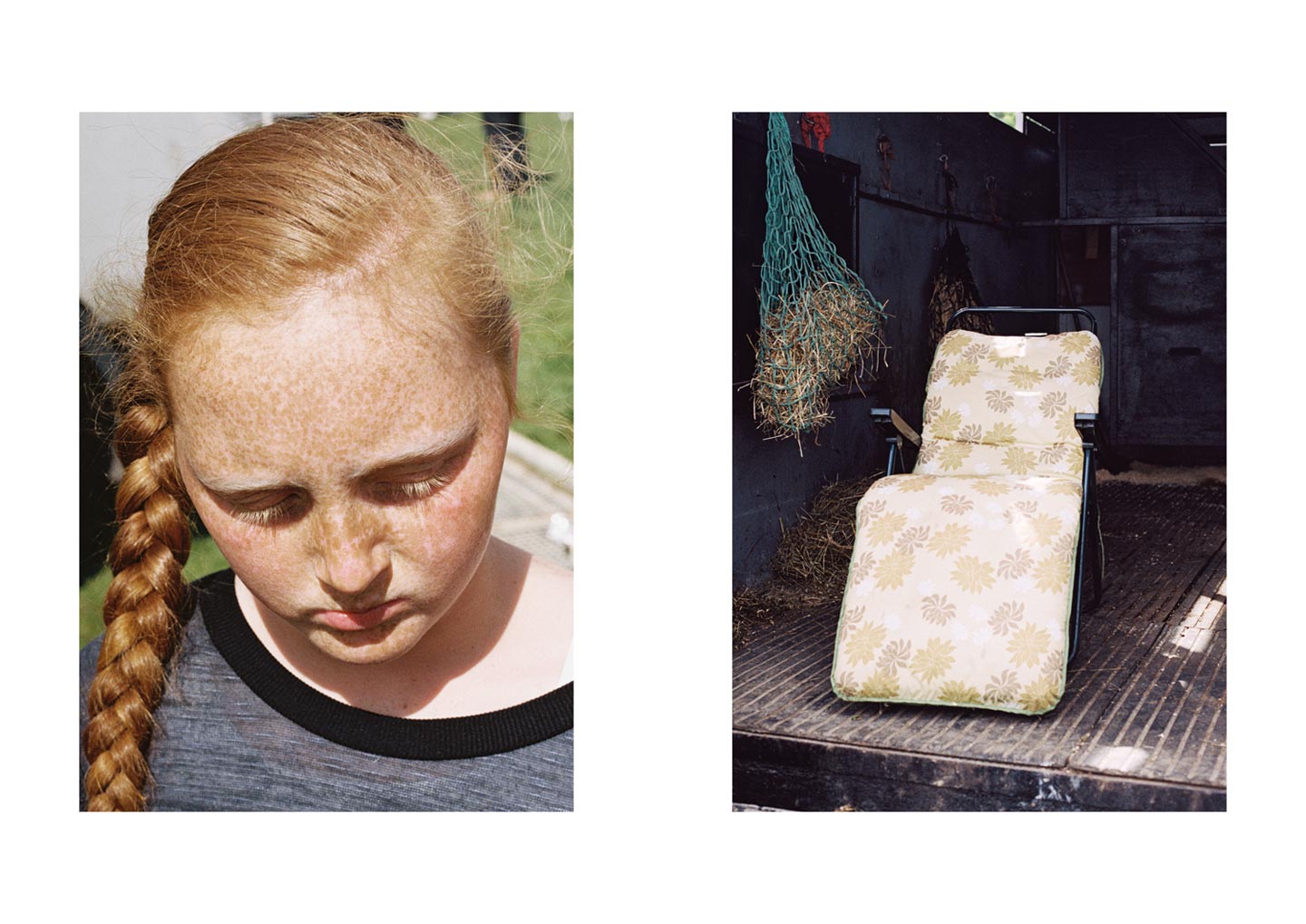
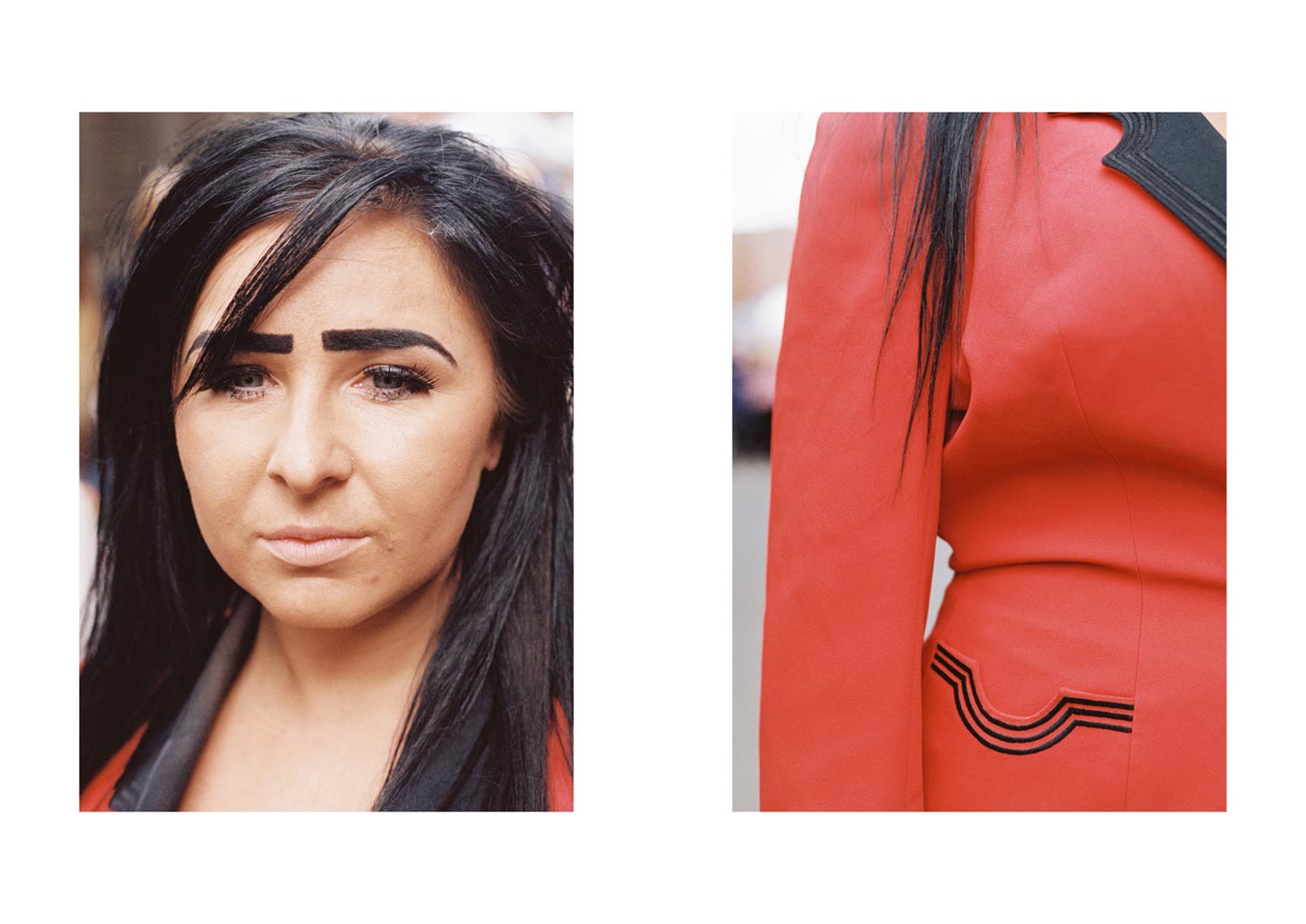
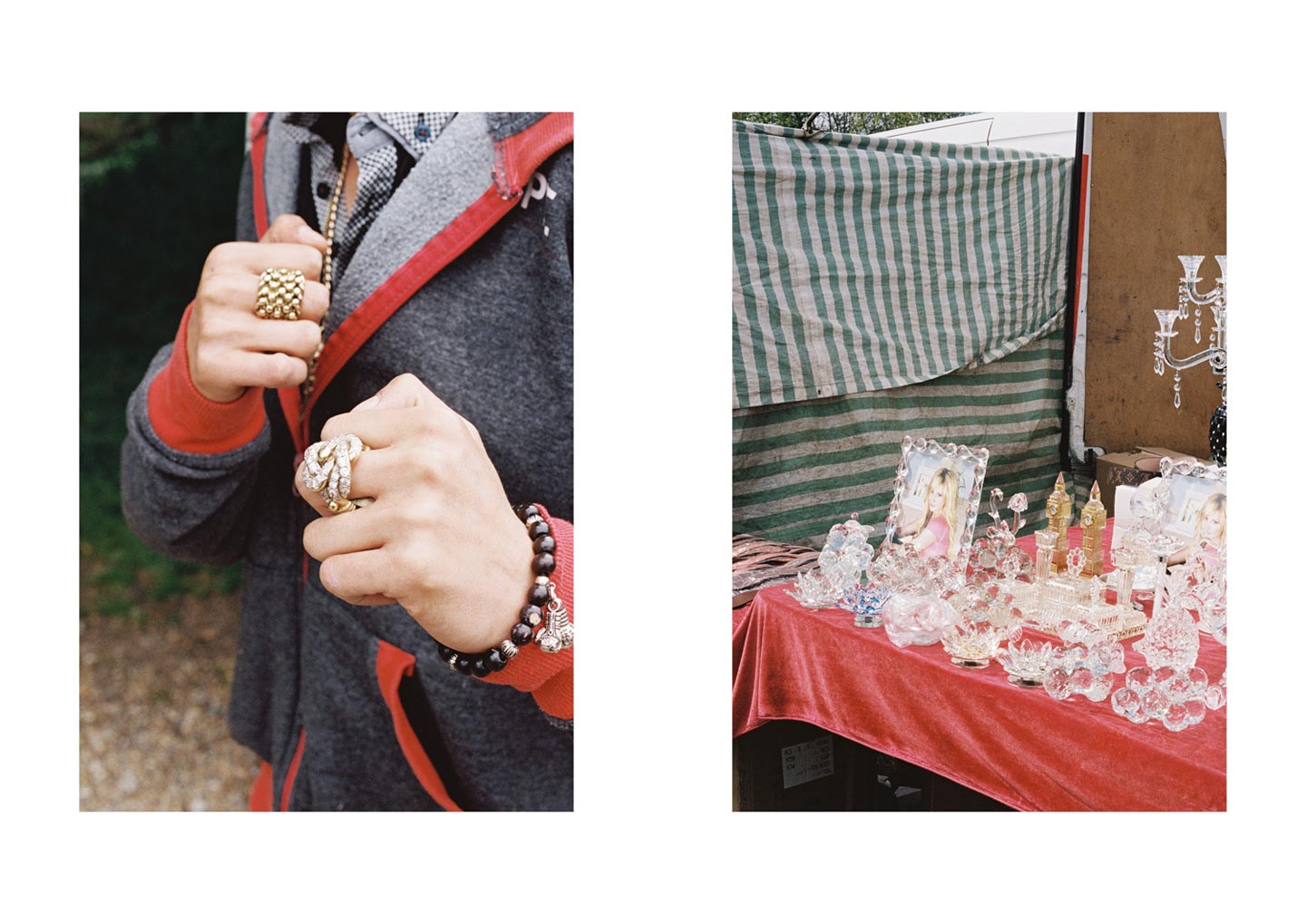
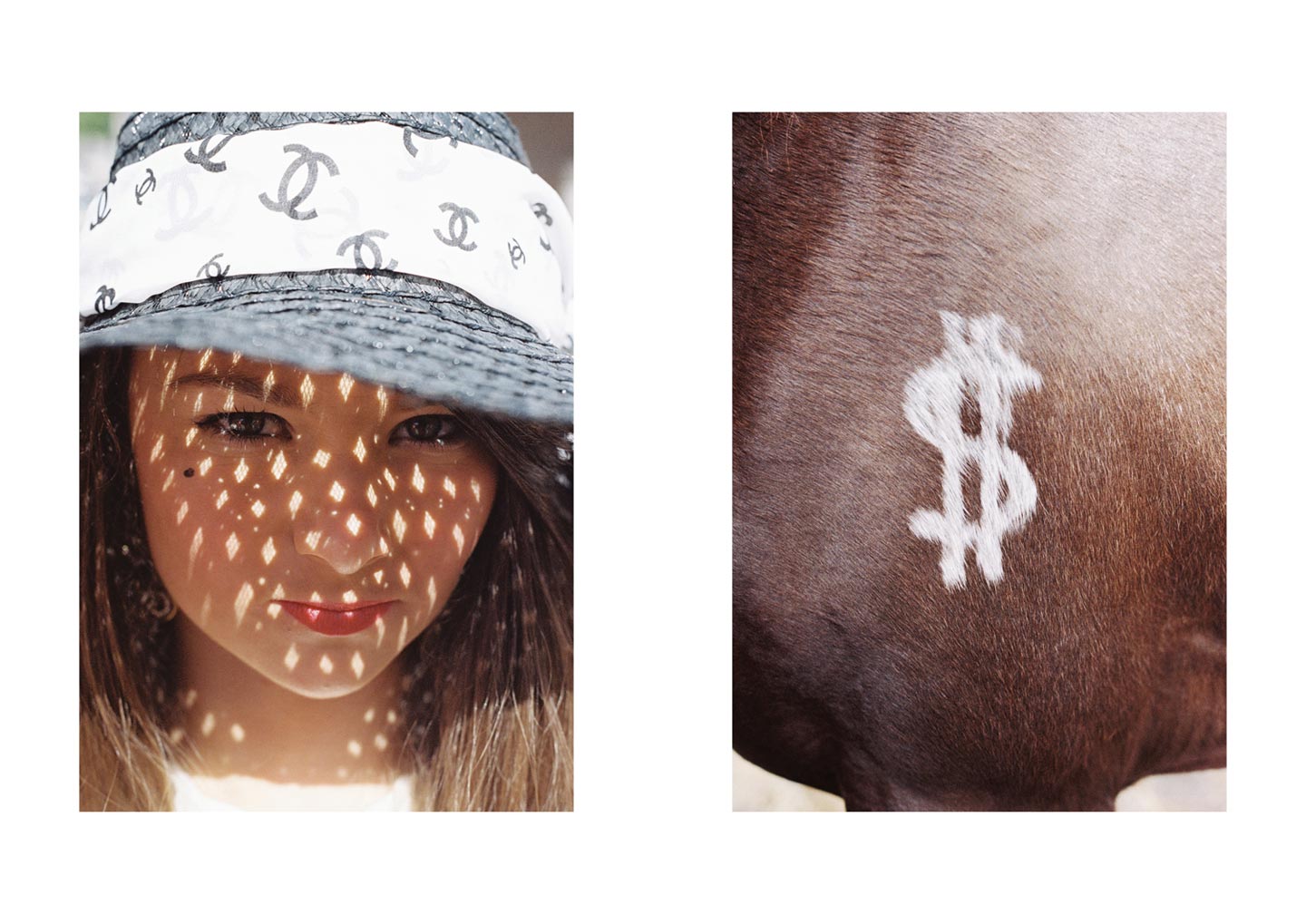
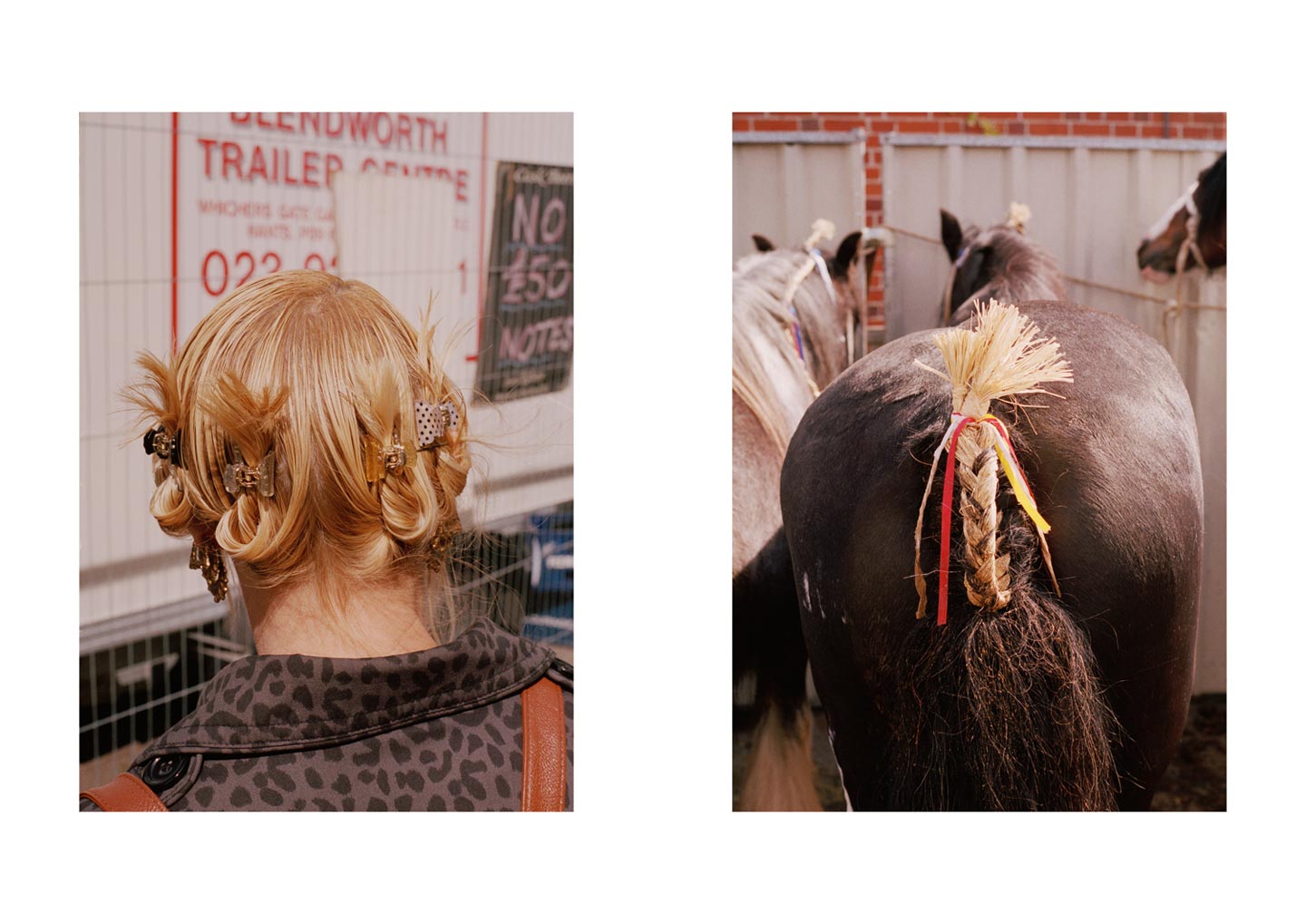
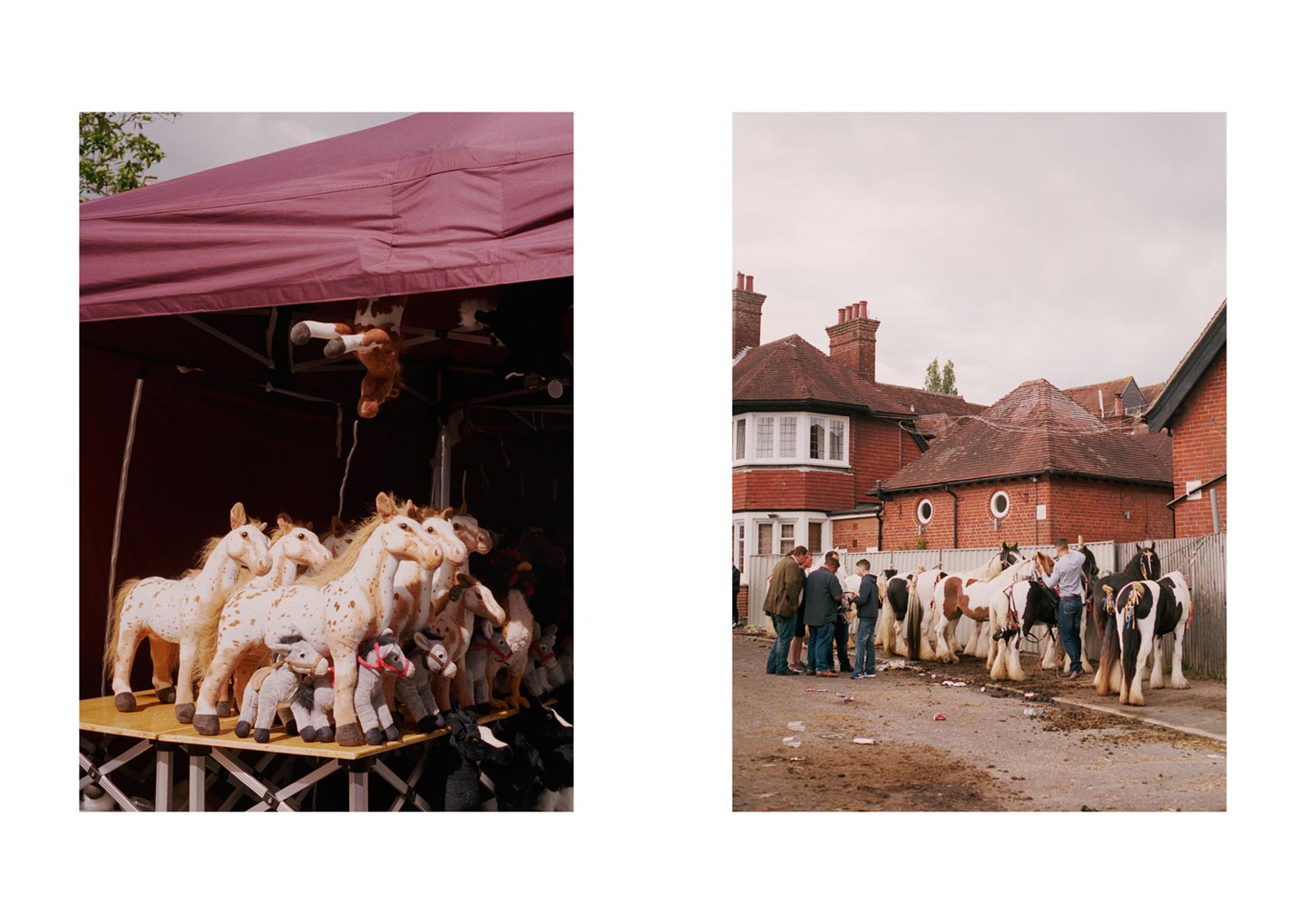
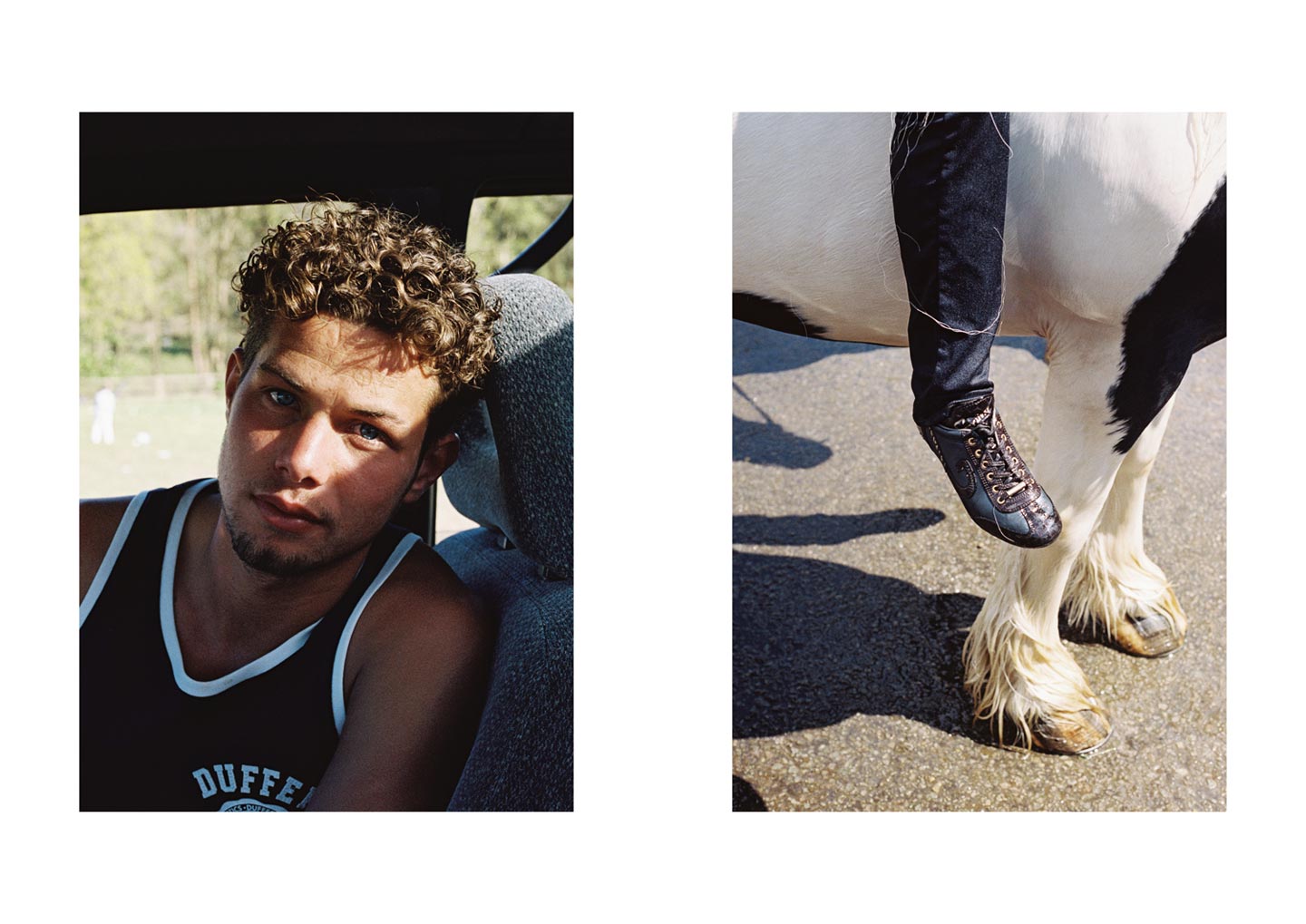
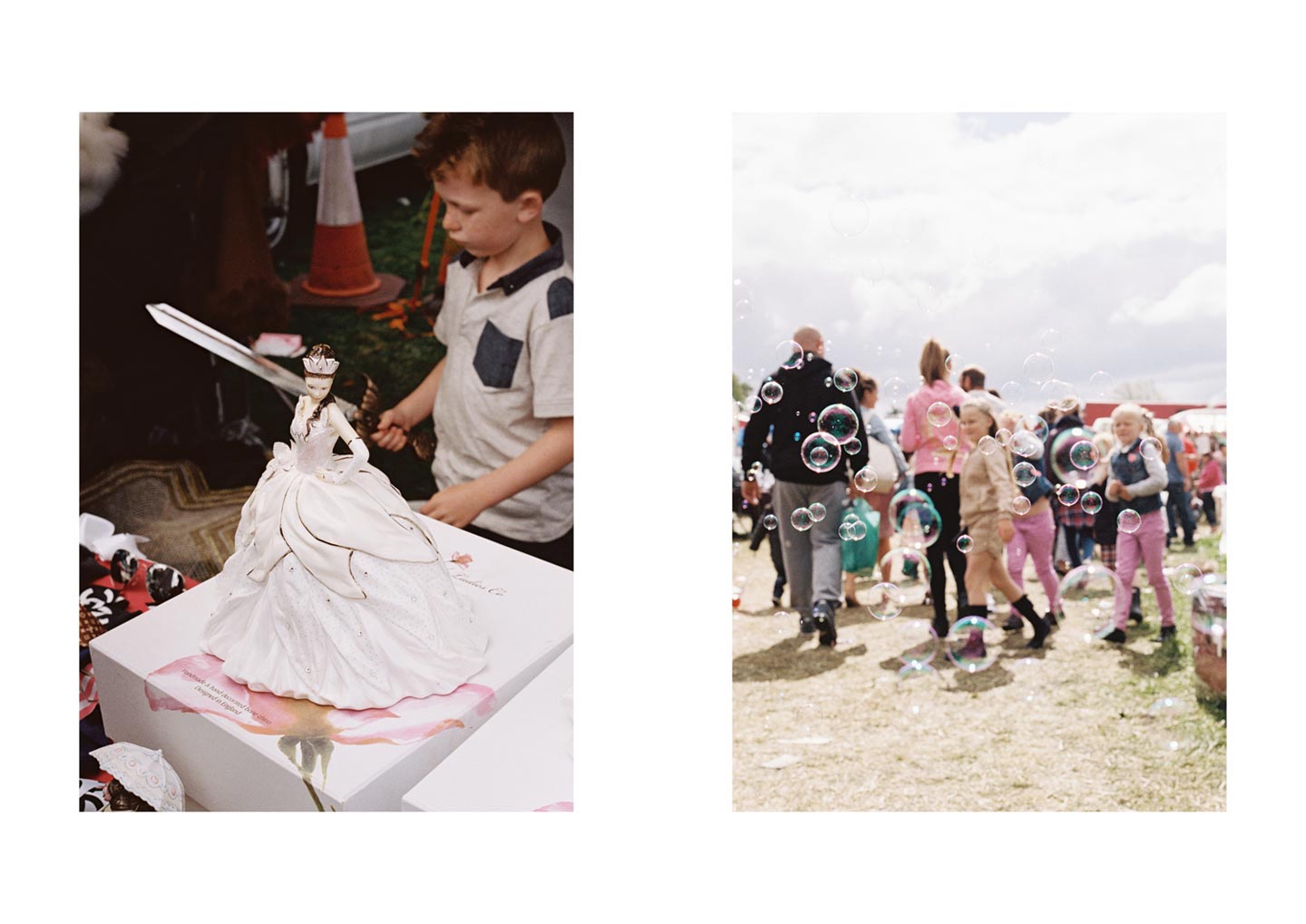
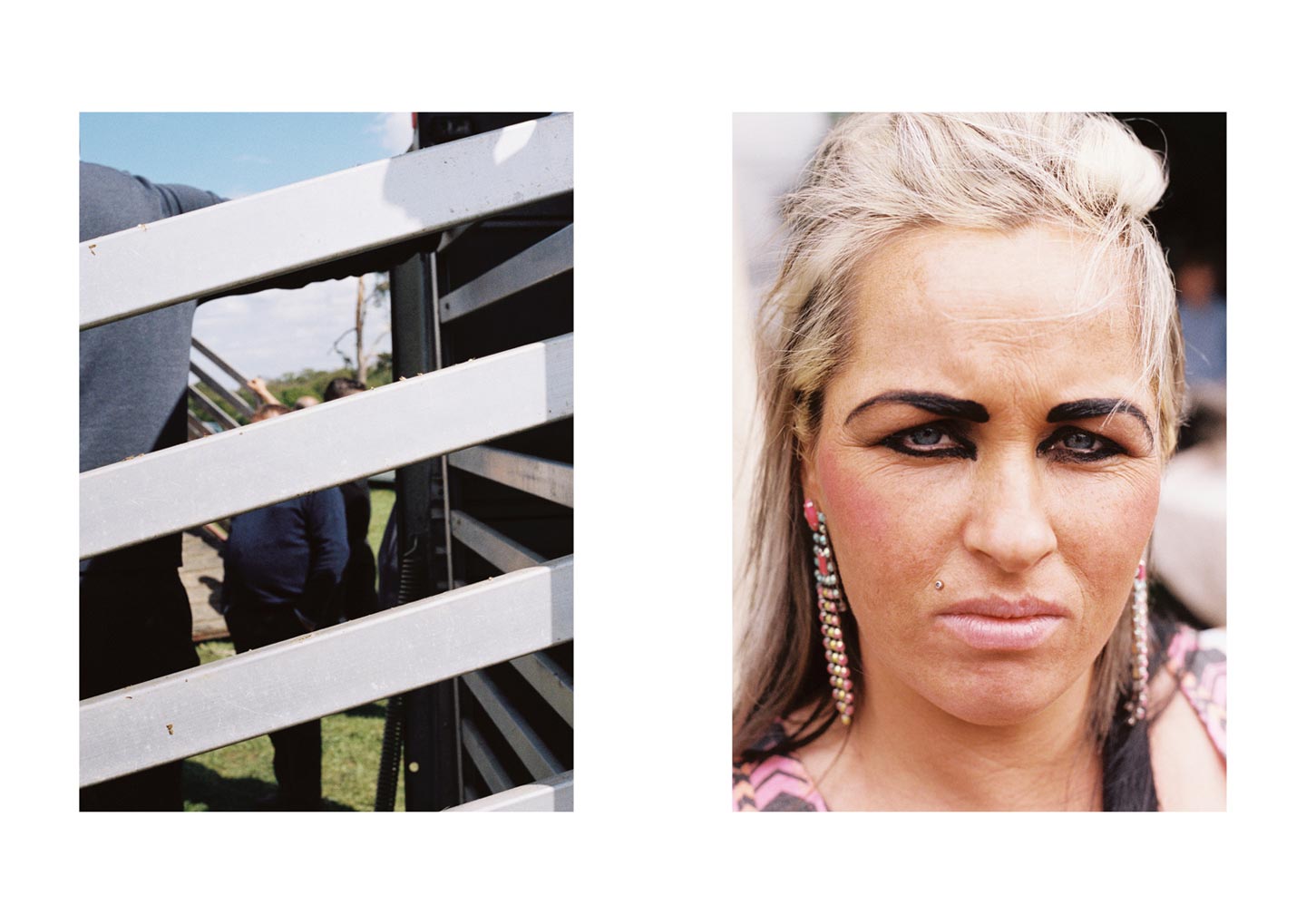
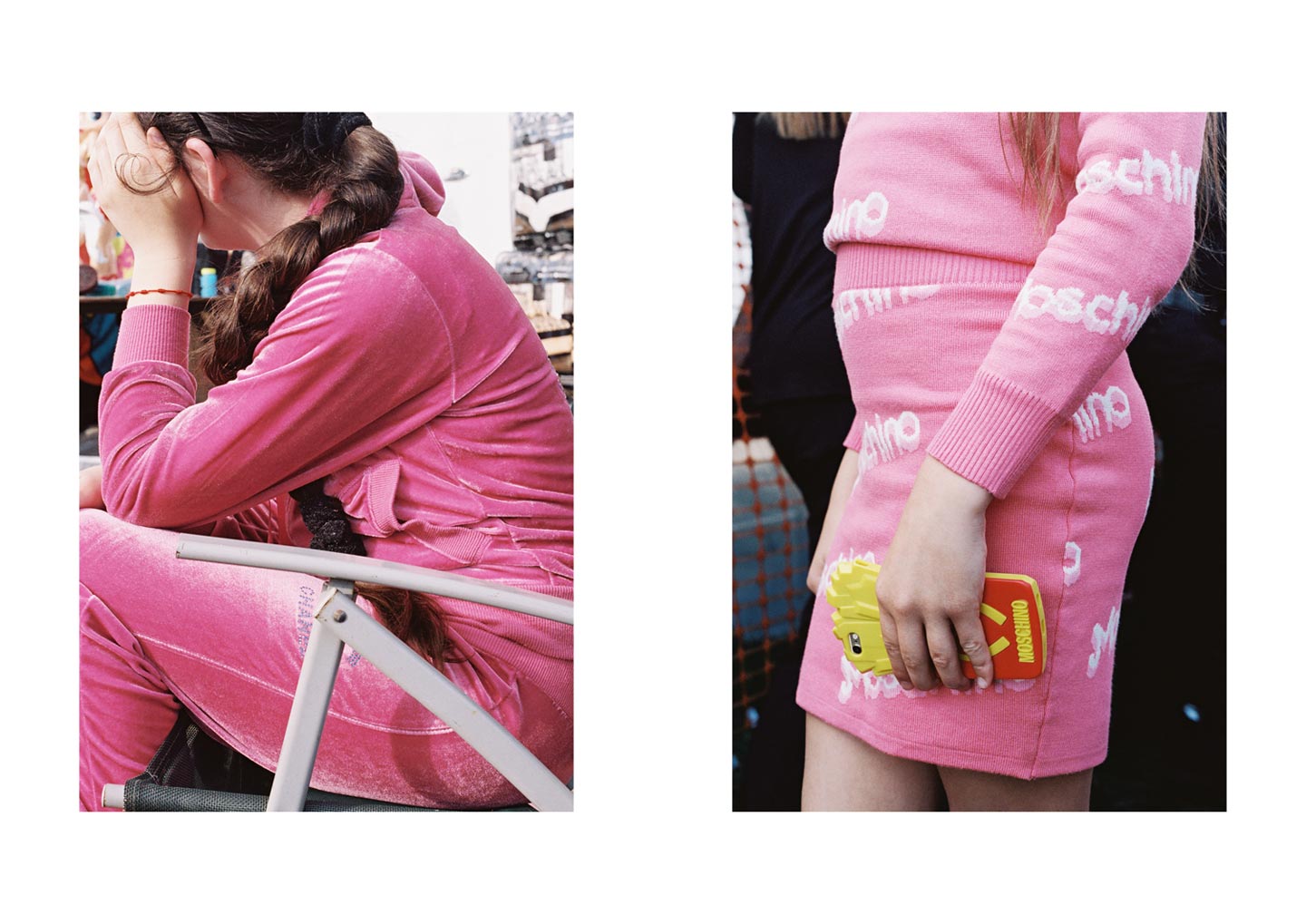
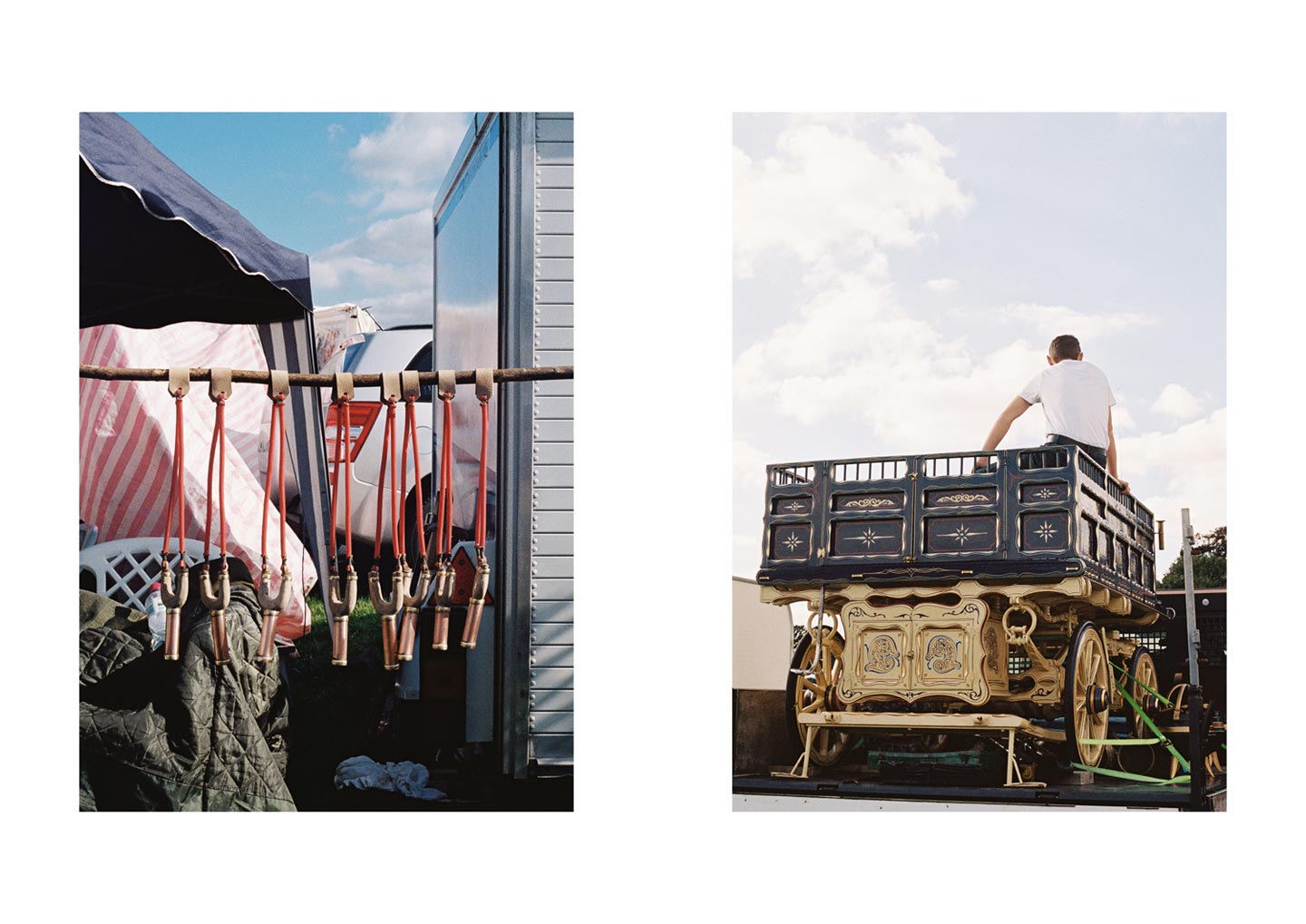
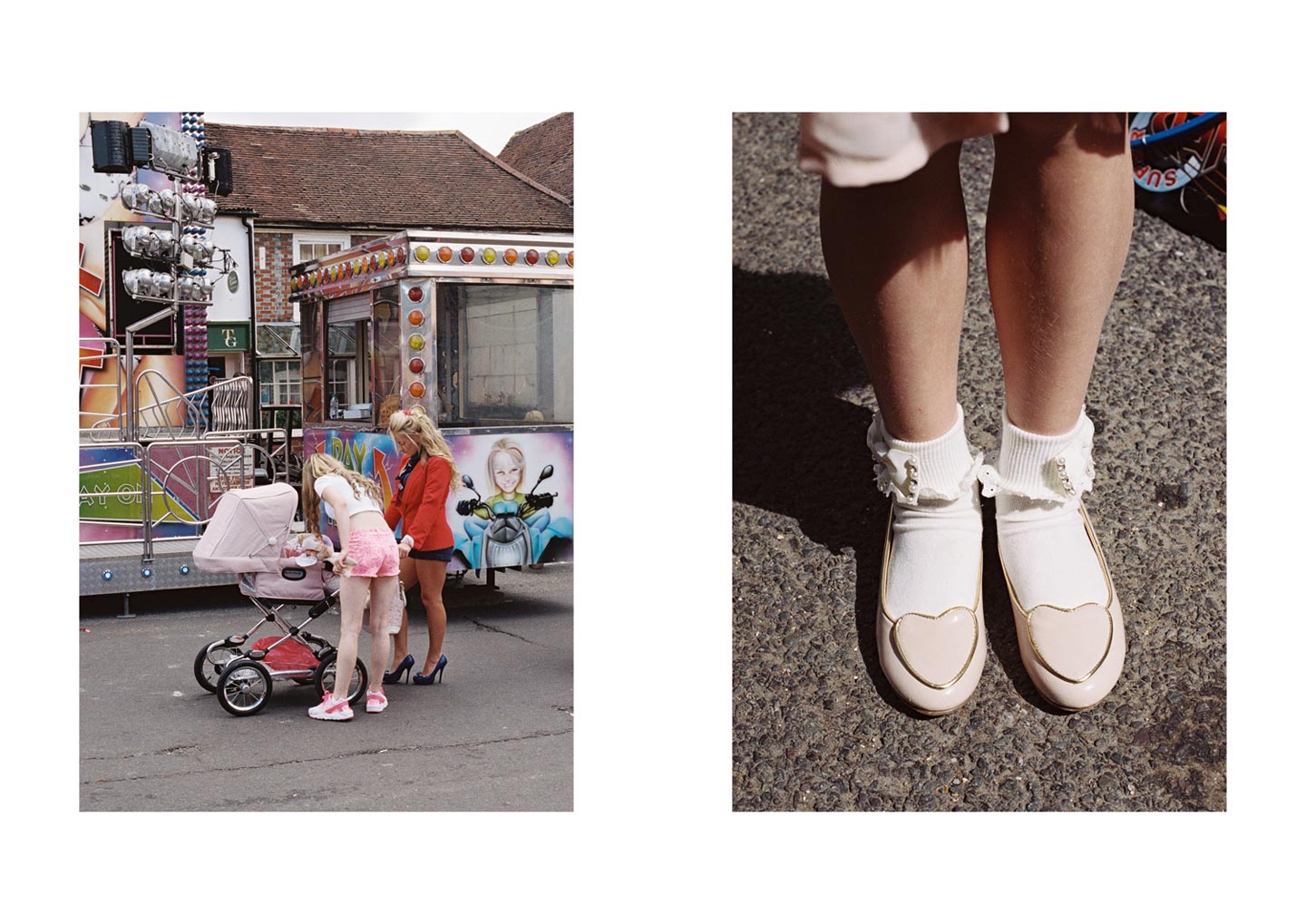
The horse is a staple of the culture of Travelers, as is true for many nomadic groups all over the world (including the people of Faristan); so it’s not surprising that 25 year-old British photographer Sophie Green identified horse fairs as a great location to meet and photograph the Travelers of England.
Hello Sophie, thank you for this interview. What are your main interests as a photographer?
Hello, thank you for this interview! I’m a social documentary and portrait photographer; I have a particularly strong interest in British culture, communities and marginalized people who are under represented and removed from the mainstream. I’m intrigued by communities united together by mutual circumstance and by the glue that holds these individuals together. I want to challenge the common stereotypes, misconceptions and judgements that can exist in our society and provide a platform for the subjects to tell their story.
Your series Gypsy Gold brings us into the world of the Travelers. Who are the Travelers?
The group of the Travelers has nomadic origins, stemming from the tradition of migrant workers. Despite their seemingly nomadic freedom, Gypsies conform to long held and highly disciplined codes of conduct that have been passed down the generations.
How did you take an interest in this particular group, and what do you think of them and their lifestyle?
My fascination with the quirks and eccentricities of the Travelers was born after watching the Channel 4’s series My Big Fat Gypsy Wedding. I became captivated by the heritage and traditions behind their lives and I felt compelled to go and discover their unique culture for myself.
Communities on the fringe of mainstream society are fascinating to me because they have their own rules and moral code. The Travelers are an amazing community. At the fairs, horses are traded, girls search for husbands and friends and family from far and wide reunite. I love the vibrancy and colors of the fairs, they are totally mesmerizing—you can find incredible faces, theatrical outfits, traditional carts, gleaming horses, cockerel fights, singing birds and fortune-tellers. Whilst shooting I often felt like I had gone back in time. I became obsessed with the small details: fashion, makeup, eyebrows, hairstyles, market fakes, leather, bits and whips. It’s a series of fun incidentals which create a visual story.
Where did you shoot the images of Gypsy Gold?
The main calendar events of the Traveler world are horse fairs. The shoots took me to regional horse fairs from Appleby in Cumbria, across to Ballinasloe in Ireland, all the way south to Wickham horse fair in Portsmouth and more. I started visiting Traveler horse fairs in 2015, and photographed over a period of 8 months.
The lives of horses and gypsies have always been strongly intertwined going right back to their very origins as travelers. Whilst nowadays cars and modern caravans have largely replaced the traditional horse and cart, the horse still remains an integral part of the Travelers’ DNA. I felt the horse fairs would provide me with an interesting window into traveler culture and a different environment to that normally featured in photographs of gypsies—their campsites often being a large focus.
For this series, you used a mix of portraits, still lifes and documentary photos closing up on all sorts of details. Why did you choose this approach?
It’s just my way. I love to build up stories slowly through a series of details, incidentals and portraits. I use diptychs as a way to tell a more complete story. The photos that make up the pairs resonate with each other—to me they tell a stronger story together.
Please choose a photo from Gypsy Gold and share with us something we can’t see in the picture.
At one of the horse fair market stalls there was a rather large jewel encrusted shoe sculpture (conveniently also a book shelf) on sale, reduced from £2,000 to 99p. The ultimate bargain I say! I’m still regretful I didn’t seize that opportunity; it would of made a fine souvenir. But I was genuinely concerned I wouldn’t be able to get it through my front door.
Did you have any specific references or sources of inspiration in mind while working on Gypsy Gold?
No I didn’t. Research is a fundamental part to any project, I seek out what currently exists on the subject to work out how I could approach a story from an original angle. I never want to turn up at a shoot with any preconceived notions; I really believe the most valid research is done whilst shooting and meeting people—I love to learn from the people I photograph. I’m very curious and ask lots of questions. I find it restrictive having to a conform to an idea of what I think I could get; it’s just more fun to work in a flexible and free way because then the possibilities are endless.
How do you hope viewers will react to the images of Gypsy Gold, ideally?
I hope my Gypsy Gold photographs provide an insight that, I have learnt, is not always accessible on the surface; that they give the viewer a deeper understanding of the community and allow you to appreciate Travelers’ culture in a new way.
For all the criticism that Travelers attract, I found plenty of gold. There are a lot of stigmas and negative thoughts surrounding them—that they commit crimes, they don’t work, they don’t pay taxes or contribute to society in any way. But there are good and bad people in every community: generalizing is always wrong.
What have been the main influences on your photography?
I am hugely influenced by cinema; Andrea Arnold, Pawel Pawlikowski, Duane Hopkins and Jacques Audiard are just a few directors that heavily inspire me. To me, they tell stories in a very real and beautiful way.
Who are some of your favorite contemporary photographers?
There are too many amazing photographers. Harry Gruyeart is a pure, original visionary, the color, his compositions, the layers and texture in his work—I just can’t get enough. I admire Albert Elm’s work too: I just love the oddness he finds in the ordinary.
Choose your #threewordsforphotography.
Raw. Honest. Intimate.
Keep looking...
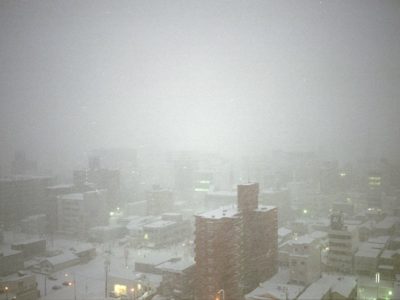
Tereza Kozinc’s Photographs Are Inspired by the Disapperance of Her Beloved Stenli
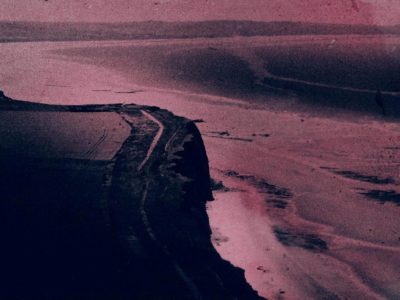
Julie Calbert Manipulates Her Images to Experiment with the Photographic Process
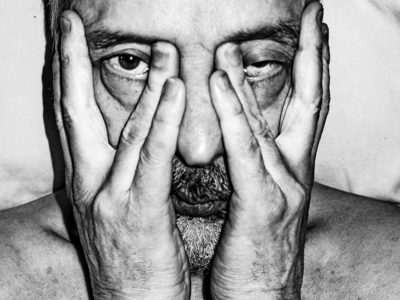
Tayla Corney Photographs Philippe, a Man Suffering from Depression
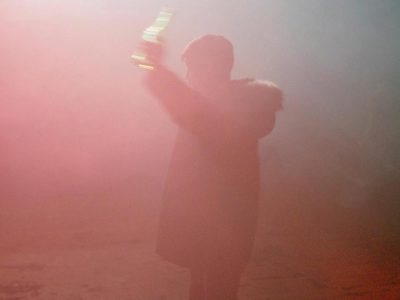
‘Dream the End’ by Dorje De Burgh Is a “semi-imagined mapping” of His Relationship with His Mother
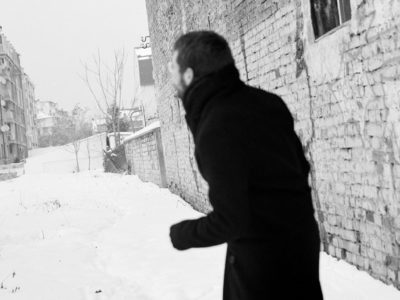
Void x #FotoRoomOPEN — Announcing the Single Images Winner and 12 Shortlisted Photographers in the Series Category
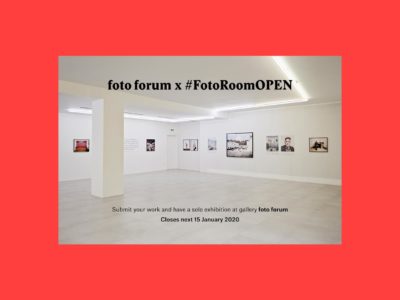
Enter #FotoRoomOPEN and Have a Solo Exhibition at foto forum
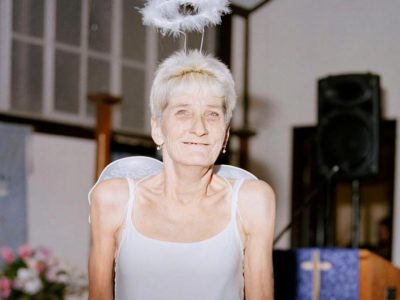
There’s a ‘Happy Club’ in One of England’s Most Deprived Regions (Photos by Sandra Mickiewicz)
